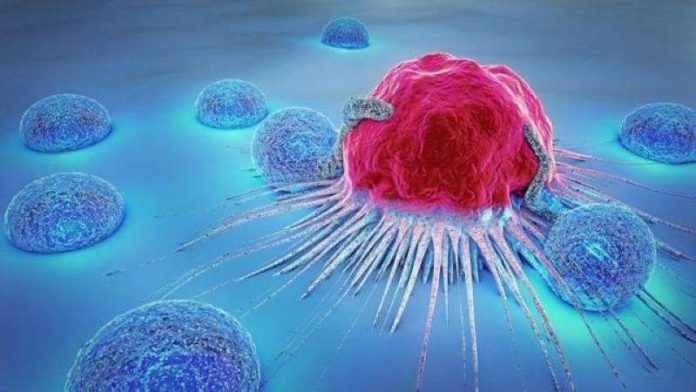Diagnosis of cancer remained limited for centuries during which no treatments were available, but this disease witnessed a treatment revolution within a few decades. However, innovations, despite their proliferation, have not replaced traditional treatments.
The diagnosis of cancer dates back to the time of ancient Egypt, before the Greek physician Hippocrates named it “karkinos,” meaning crab in Greek. The first treatments at the end of the nineteenth century were surgical operations aimed at removing the tumor, reports Al-Rai daily.
Surgery is still an “important therapeutic weapon” today, as noted by the hematologist and oncologist, Head of the Institute Curie Hospital Complex in Paris, Professor Stephen Legoi, who points out that “surgeons treat many tumors … including breast cancer, colon cancer, and sarcoma,” which It affects connective tissue cells. However, surgery is also “a gateway to a large number of types of cancer, as thanks to it, tumor tissue is available that allows diagnosis,” he explains.
Radiotherapy arose thanks to the progress made by the German physicist Wilhelm Röntgen, who discovered X-rays in 1895. Radiotherapy still plays a major role today, as more than 70 percent of cancer treatments include radiotherapy sessions.
Stephen Lugui explained that these innovations aim to provide “the greatest degree of accuracy and deliver the strongest possible dose of radiation to the tumor, while avoiding (infecting) healthy tissue.”
On the other hand, chemotherapy is based on cytotoxic drugs consisting of several molecules, which also lead to the destruction of cancer cells. These treatments provide great effectiveness, for example, in the case of acute leukemia, although the negative side is that strong side effects often result from them, including hair loss.
There are two vaccines to prevent cancers caused by viruses, one against human papillomavirus and the other against hepatitis B (the cause of liver cancer). A lot of research has been conducted in recent years regarding “therapeutic vaccines”, which are based on the production of tumor antigens – by messenger RNA or viruses – that allow the immune system to be activated by generating the appropriate response in patients with cancer.
Over the past twenty years, “targeted therapy” has contributed to changing the lives of a large number of patients. It is chemistry-derived molecules that are specially designed to prevent or stop the action of a molecular mechanism necessary for the development, reproduction or survival of cancer cells.

















